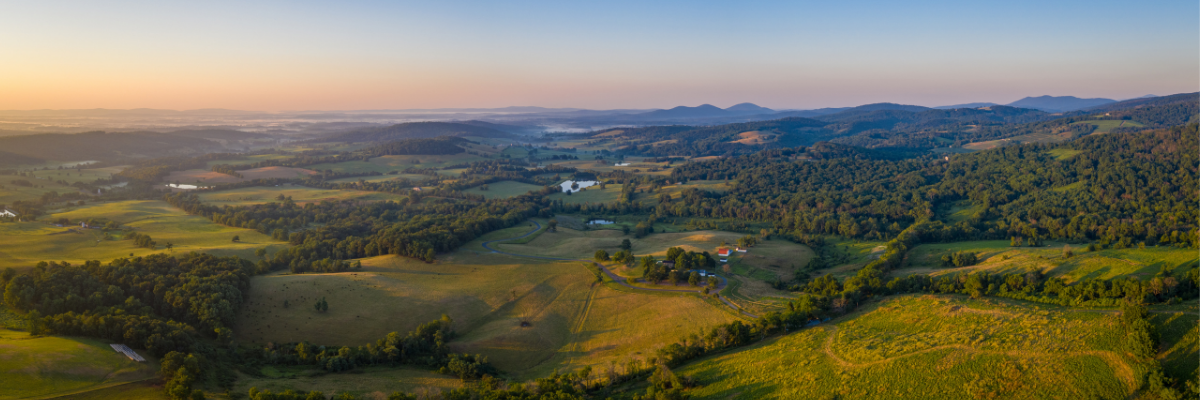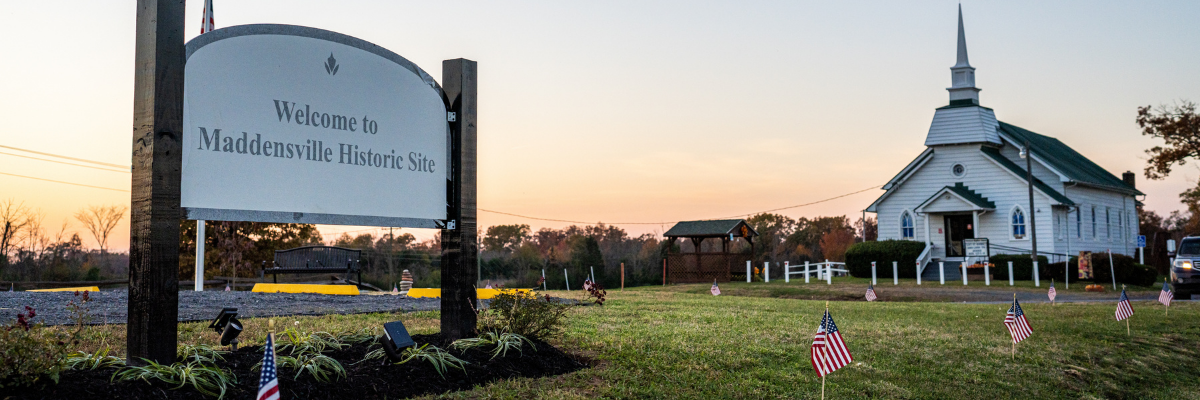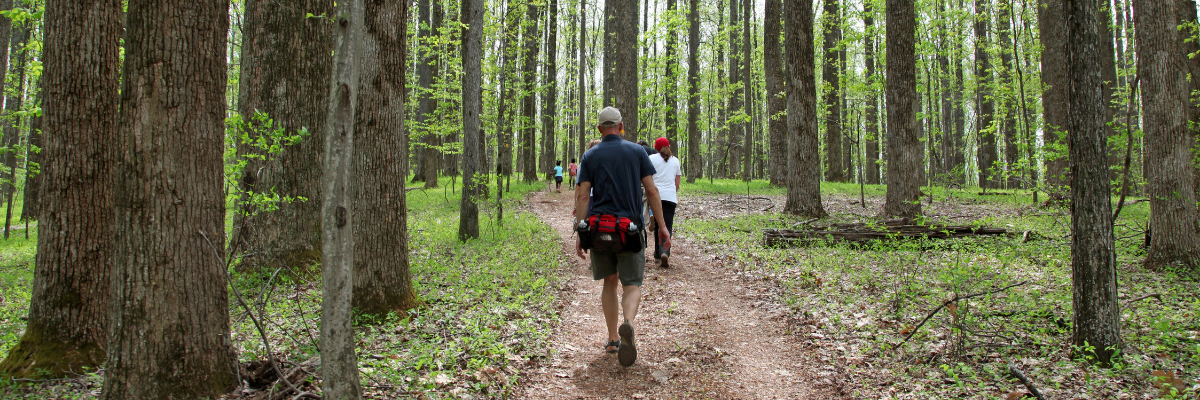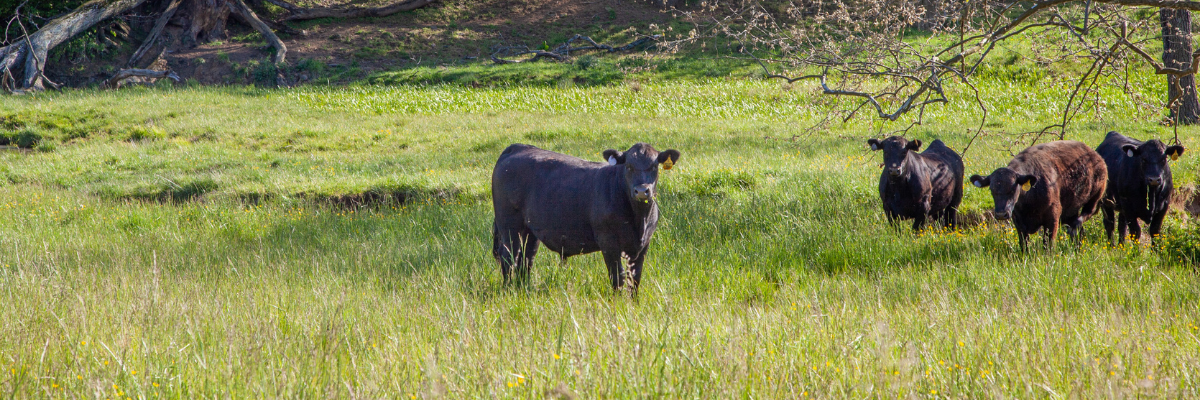This text was sourced from an email alert sent out on March 3, 2022. Sign up to receive PEC updates.
We’re nearing the end of the General Assembly session, which means focus is starting to shift toward the state’s budget. Over the next week or so, the 14 delegates and senators named to the budget conference committee will meet to hammer out a final budget agreement for the 2022-2024 biennium.
The House and Senate budget bills, which passed their respective chambers last Thursday, include a number of opportunities for historic investments in the preservation and enjoyment of Virginia’s natural lands. We ask that you please take a moment to contact your legislators to express support for the funding measures noted below.
This outreach is particularly important if your delegate or senator is one of the fourteen budget conferees. The House conferees are Dels. Knight, Austin, Bloxom, Brewer, Torian, and Sickles. The Senate conferees are Sens. Howell, Barker, Lucas, Locke, Norment, Hanger, Saslaw, and Newman.
Land Conservation

In addition to the highly-successful Virginia Land Preservation Tax Credit, several competitive state grant programs — the Virginia Land Conservation Foundation (VLCF), the Virginia Farmland Preservation Fund (VFPF), and the Virginia Battlefield Preservation Fund (VBPF) — are the most important grant funding mechanisms for conservation projects across the Piedmont and the Commonwealth.
The Senate’s budget bill contains meaningful funding increases for each of these three programs ($32M in FY23 and $20M in FY24 for VLCF, $4M per year for VFPF, and $4.5M in FY23 and $5.25M in FY24 for VBPF). The House version, however, not only reduces funding for VLCF and VFPF, but removes language and funding from the introduced budget that would establish a pilot program to assist historically underserved landowners in the resolution of heirs’ property issues. Please ask your legislators to support the Senate’s funding levels for these land conservation programs.
Historic Resources

We’ve previously alerted you about HB 141 and SB 158, which establish the Virginia Black, Indigenous, and People of Color Preservation Fund, a new state grant program intended to help preserve and interpret historic structures, cultural landscapes, and archeological sites important to underrepresented communities. In welcome news, that legislation passed both chambers of the General Assembly unanimously and is on its way to Governor Youngkin’s desk!
We’re also excited to report that both the House and Senate budgets provide initial funding for this new program. The House budget included $2.5M per year in funding, while the Senate budget provides $5M in FY23 only. Please ask your legislators to support a full $5M per year in funding for this long-needed program.
Outdoor Recreation

In his outgoing budget proposal, Governor Northam included historic investments in Virginia’s outdoor recreation economy, including $233M for multi-use trails and approximately $70M for maintenance and resource needs at Virginia’s state parks.
Unfortunately, the House and Senate budget bills are much more of a mixed bag for outdoor recreation. Both chambers significantly reduced the proposed trails funding and took different approaches to allocation. The Senate budget includes $50M in general funds for multi-use trails, as well as $40M in non-general funds for the establishment of a state trails office, while the House budget slashed trails funding to $57M earmarked for four specific projects.
The House budget also takes an axe to the proposed funding for state parks, removing the majority of the $70M recommended by Governor Northam. In contrast, the Senate added an additional $100M+ over the $70M recommended level to address maintenance backlog issues. Please ask your legislators to support the Senate’s proposal for state parks funding, as well as robust funding for multi-use trails.
On a different note, we are pleased to see that both the House and Senate budgets include funding to create the Culpeper Battlefields State Park.
Agricultural Best Management Practices

Virginia’s Agricultural Cost-Share Program provides financial and technical support to farmers to implement conservation practices that protect soil health and water quality. We were extremely pleased to see that both the House and Senate budgets recommend robust funding for this program at a level largely in line with the introduced budget. The House has proposed $256.5M in funding in FY23, while the Senate figure comes in slightly lower at $230.5M. Please ask your legislators to support funding Virginia’s Agricultural Cost-Share Program at the highest possible level.
This, of course, does not capture all of the relevant items contained in the House and Senate budgets, but does represent the areas where we think your outreach to legislators will have the greatest impact. If you’re interested in reading more about what else made the cut in the proposed budget bills, you can check out this response from our partners at the Virginia Conservation Network, which outlines how the environmental community’s budget priorities fare in each chamber’s proposal.
Thank you for following along with us during this “long” session and using your voice to support legislation and budget priorities that will help ensure Virginia remains a beautiful place to live, work and visit for generations to come.
Please feel free to reach out to Director of State Policy Dan Holmes (dholmes@pecva.org) or Senior Policy Manager Adam Gillenwater (agillenwater@pecva.org) with any thoughts or questions related to state policy or PEC’s work in Richmond.
HB 206, legislation that would require utility-scale solar projects to mitigate any significant impacts to agricultural and forest lands, passed out of the Senate Agriculture, Conservation, and Natural Resources Committee unopposed on Tuesday. It now heads to the Senate floor. Please feel welcome to let your Senator know you support this legislation.
